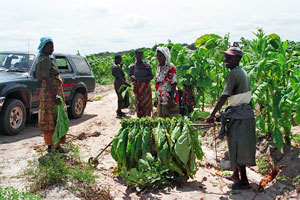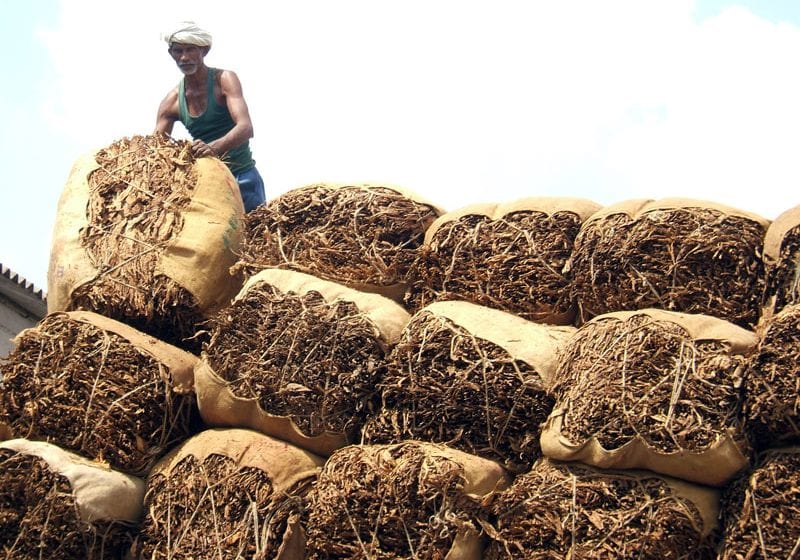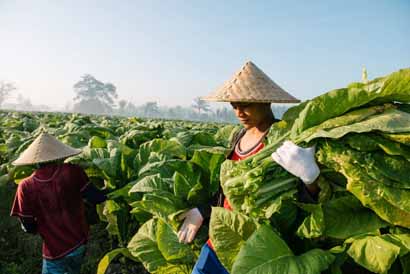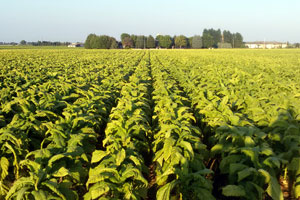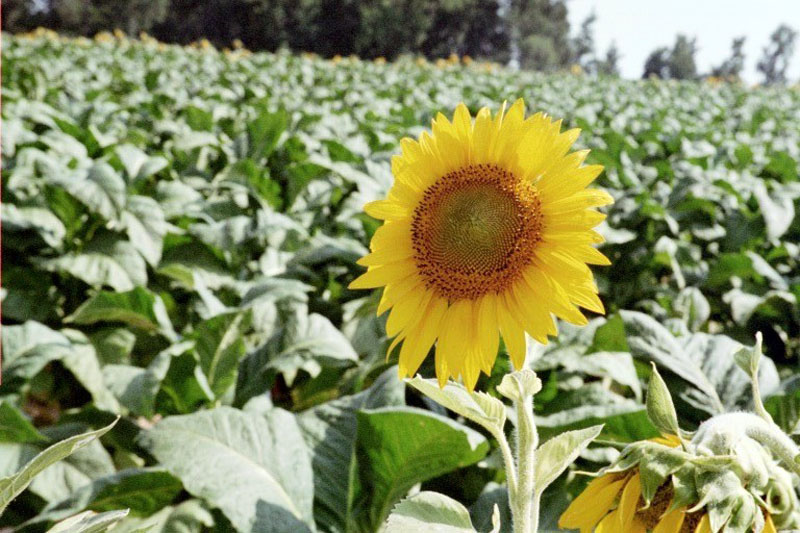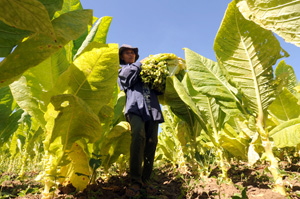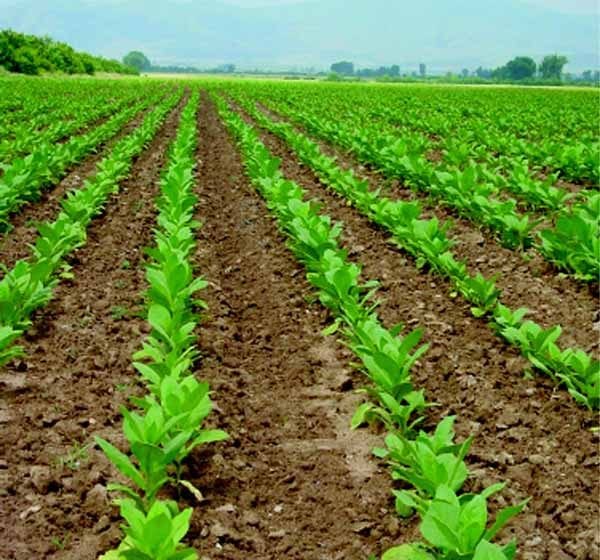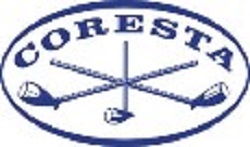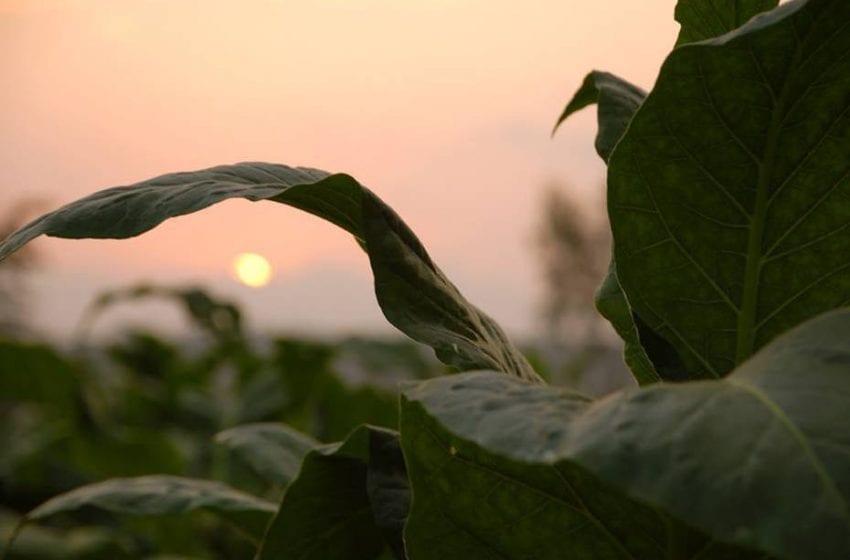The Philippines’ National Tobacco Administration (NTA) has said that talks on tobacco floor prices for 2018 and 2019 had ended in deadlock because growers and the industry had failed to find ‘middle ground’, according to a story in The Business Mirror.
NTA administrator Robert L. Seares reportedly told the Mirror that tobacco farmers had wanted a P16.77-per-kg increase across all grades of all varieties, but that the industry had insisted on no increases.
Floor prices are government-approved minimum prices per grade.
Seares said that some industry players had indicated during talks on September 6 that they could not sell nor manufacture their current supply of tobacco because of a fall in demand for tobacco products.
However, the growers insisted on the P16.77-per-kg rise that was needed to offset increasing production costs.
The growers were willing to reduce their demand only if they were promised help, in the form of financial assistance or subsidies, in obtaining their planting inputs.
Due to the impasse, the NTA decided to abandon the second day – September 7 – of a pricing conference it had called and restart negotiations next month.
In the meantime, the NTA is to try to obtain government support for funding production inputs, and growers are to ask local governments for subsidies.
The NTA holds conferences every two years to decide on tobacco prices. The conferences are attended by NTA representatives, tobacco growers, and tobacco companies: cigarette manufacturers, tobacco dealers and exporters.

